In accord with the announced research programme, we studied the psychosomatic status of man in its multi-dimensionality and interdependence with different sports.
Finding the characteristics of the psychological space within the bio-psycho-social model of kinesiology and changes in the psychological status after the influence of some systematic factors in sport went in several directions:
- Determination and comparison of personality characteristics and motivational profiles and the value system in top sports and sport of the young, as well as their change during the athlete's development from talent selections to top-level athlete; determining gender differences and comparison of personality profiles of athletes with those of non-athletes.
- Determination of personality characteristics and motivation of athletes in extreme and risk sports (climbing, scuba diving, extreme kayaking, ski-jumping).
- Determining the relationship to a healthy life-style, knowing and attitudes towards negative manifestations in sport of the athletes and in comparison with non-athletes,
- Determination of psychical characteristics of those involved in sports recreation, non-sportsmen and different clinical groups in connection with sports transformational effects,
- Determination of health status, processes of psychical rehabilitation and problems with injuries in sport,
- Determination the characteristics of the influence of the family and parents in sport of the young.
In the search for personality profiles of athletes in comparison with non-athletes and personality and motivational characteristics of athletes in several sports, we used different research samples from 60 to 300 subjects. The research batteries included several diagnostic instruments, in accord with the problem that was being analysed in the sub-projects.
In a 10-week experimental programme on an experimental and control group of adult males and females (19-21 years of age), we studied the effects of the programme on the personality characteristics and some functional capabilities of individuals dependent on drugs. The results showed that the experimental programme had a certain positive influence on some of their personality characteristics. More positive effects were found on the physiological indicators.
With the use of modern statistical and other methodological procedures we are trying to better model an individual in sports activity. On several samples we tested the supposition of a linear relationship between individual anthropometric measures and the existent morphological structure model.
On different samples (200 subjects and more) we studied flexibility and its influence on the quality of life.
On the basis of a questionnaire we an analysis of attitudes of 1100 primary school children towards dancing. Results show that this activity is poorly developed in the schools, the children have a rather positive attitude, besides relaxation and fun dancing represents also pleasant hanging out with colleagues.
Also using questionnaires we analysed differences in interests, attitudes and opinions of children and their family members about living in certain urban areas, on a sample of 8th grade primary school pupils on seven schools from the city of Ljubljana.
Biopsihosocialni temelji kineziologije
- Code P0-0501-0587
- Date 01.01.1999 - 31.12.2003
- Funds provider Slovenian Research Agency
- Organisation UL, Faculty of sport
Abstract


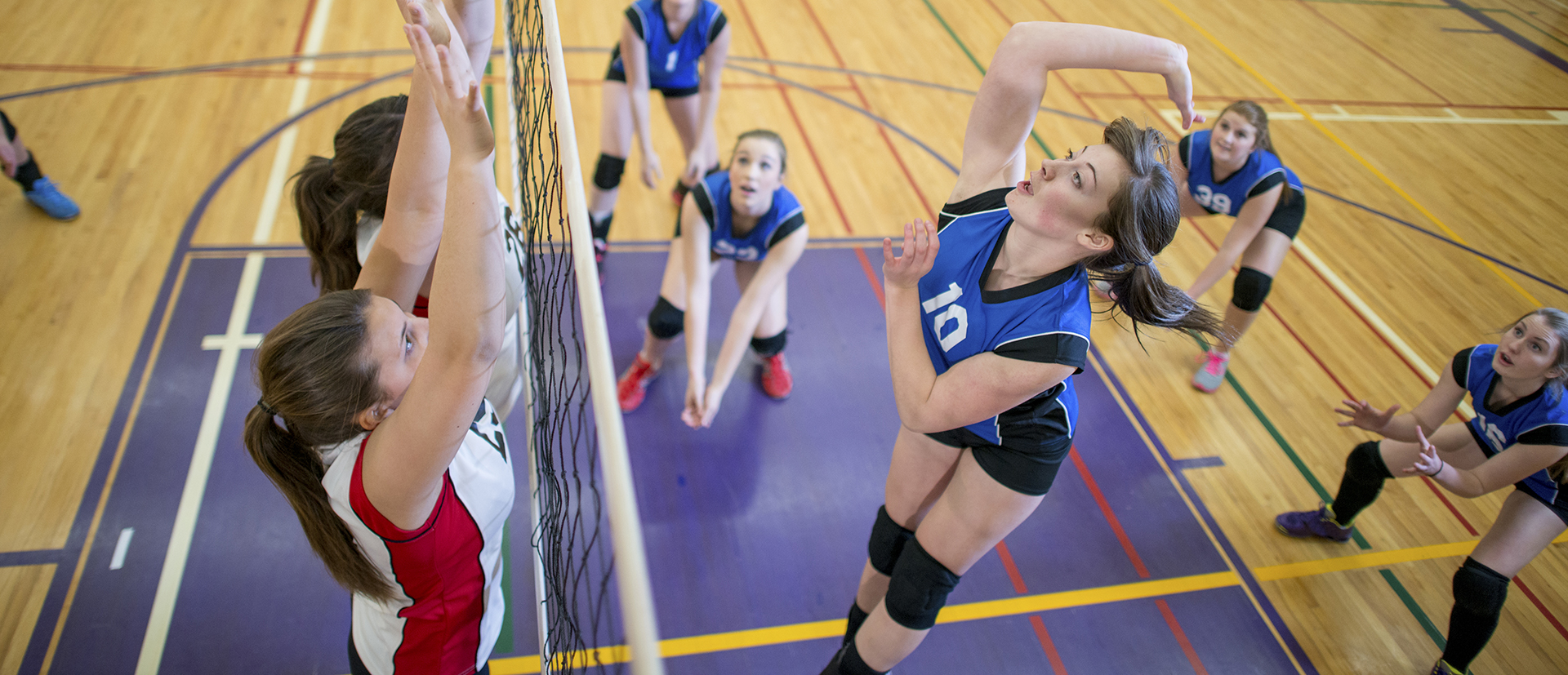
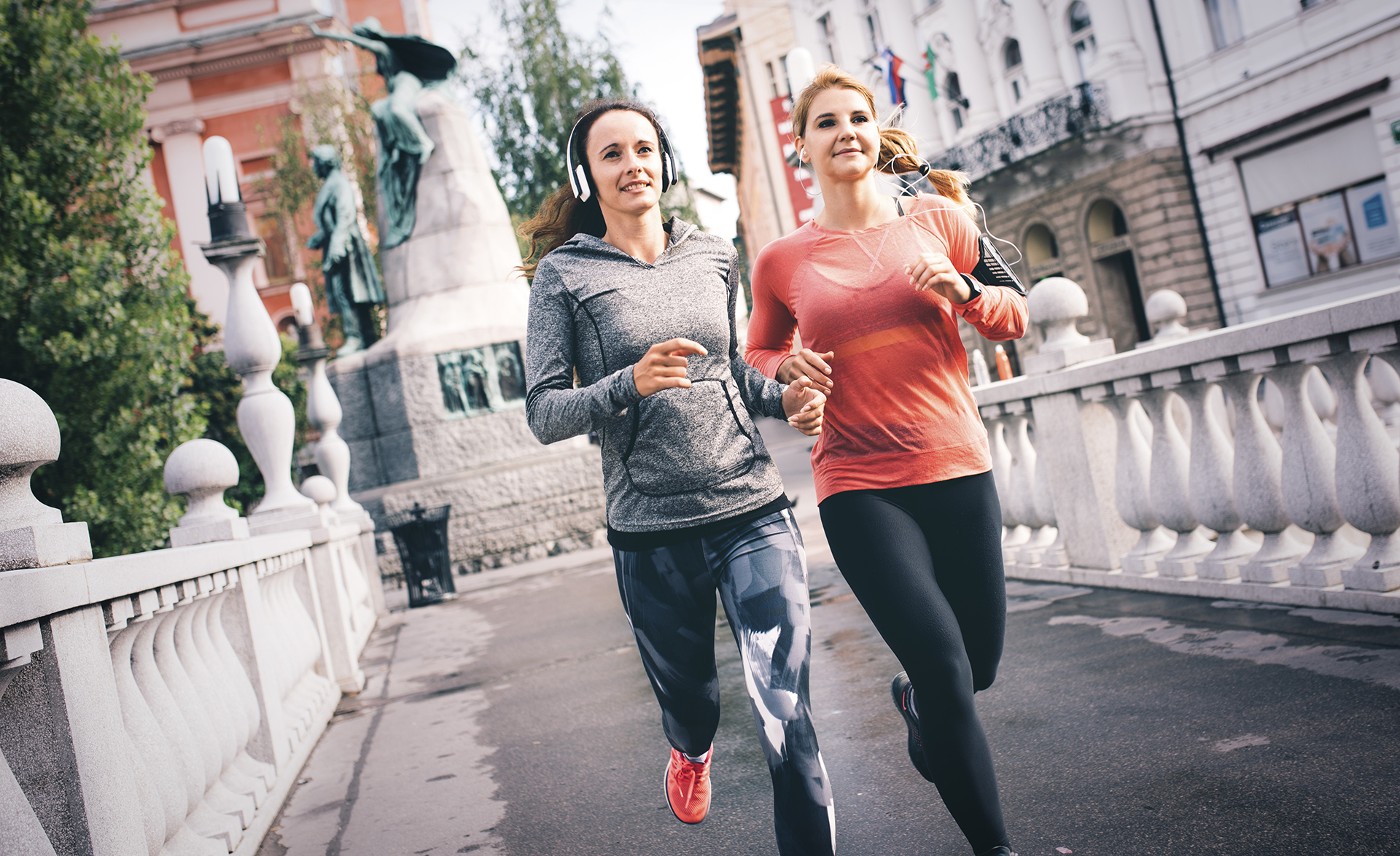











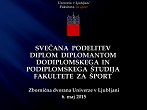

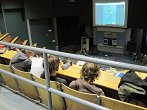
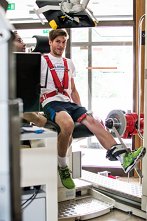

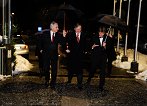
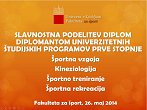





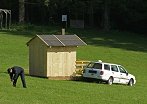
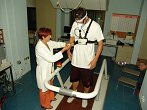


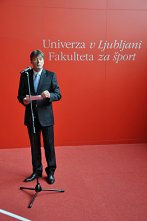



.png)